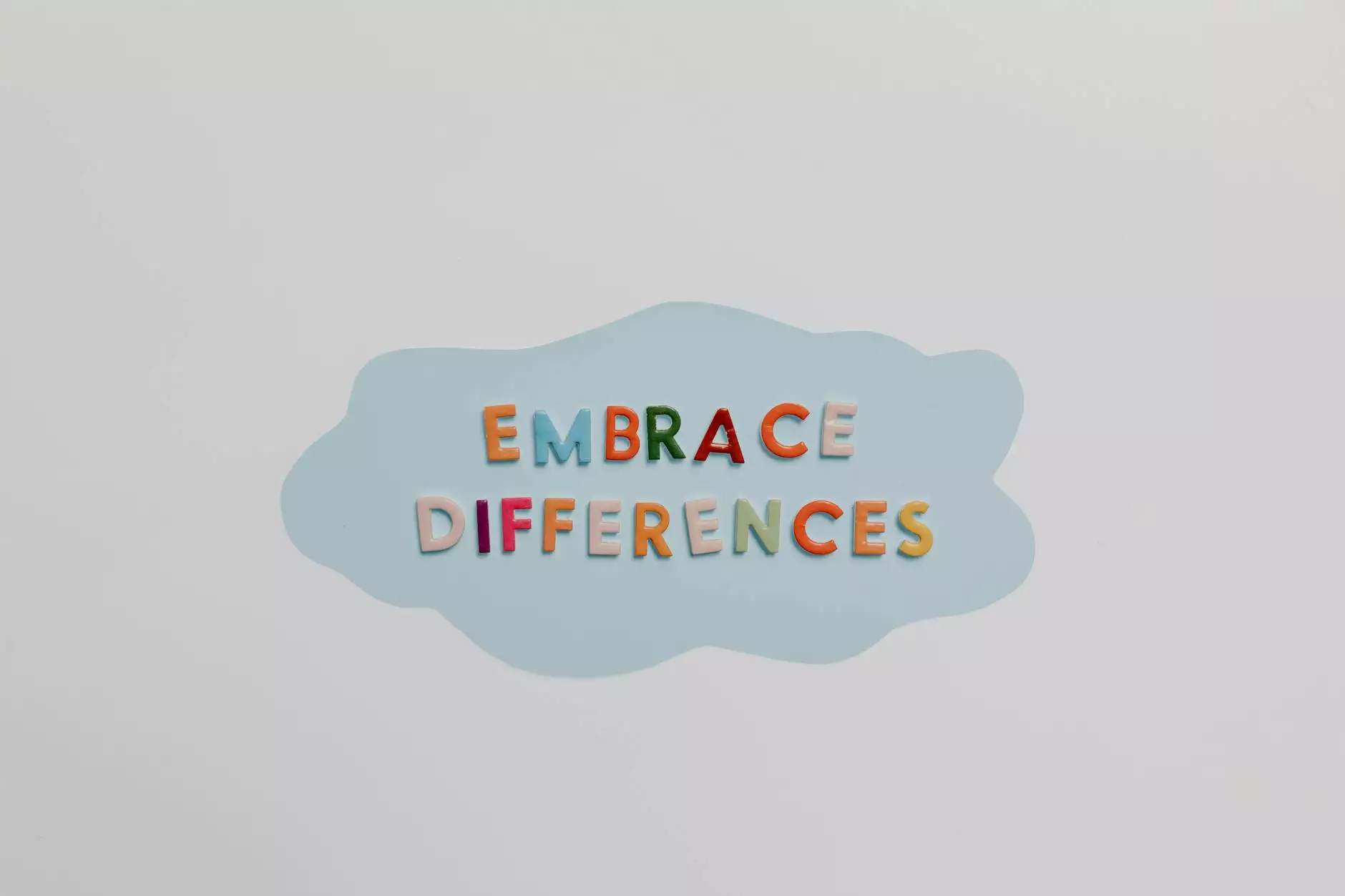Teaching Hygiene for Children with ASD Using Applied Behavior Analysis

As a parent or caregiver of a child with Autism Spectrum Disorder (ASD), you understand the unique challenges that come with teaching essential life skills. Hygiene, in particular, is an important aspect of daily life that requires careful attention and effective strategies. At Festivals Bazar, we are dedicated to providing you with comprehensive resources and guidance on teaching hygiene to children with ASD using Applied Behavior Analysis (ABA).
The Importance of Teaching Hygiene
Hygiene skills are fundamental for individuals to maintain good health and well-being. For children with ASD, learning and practicing proper hygiene can have a significant impact on their overall quality of life. By teaching hygiene skills, we can help children with ASD develop independence, improve their social interactions, and enhance their overall self-care abilities.
Understanding Autism Spectrum Disorder (ASD)
Autism Spectrum Disorder (ASD) is a developmental disorder that affects social communication, behavior, and sensory processing. Children with ASD often have specific challenges when it comes to learning and adapting to new routines, including hygiene routines. However, with the right strategies and interventions, we can effectively teach hygiene skills to children with ASD.
Applied Behavior Analysis (ABA) and Hygiene Training
Applied Behavior Analysis (ABA) is a scientifically proven approach that focuses on understanding and modifying behavior. It is widely recognized as one of the most effective methods for teaching skills to individuals with ASD. ABA techniques can be successfully applied to teaching hygiene skills to children with ASD.
Effective Strategies for Teaching Hygiene
When it comes to teaching hygiene to children with ASD, it is crucial to use evidence-based strategies and follow a structured approach. Here are some effective strategies you can implement:
- Visual Supports: Visual supports, such as visual schedules, social stories, and visual cues, can help children with ASD understand and follow hygiene routines. These visual aids provide clear instructions and serve as reminders for each step of the hygiene process.
- Task Analysis: Breaking down hygiene tasks into smaller, manageable steps can make them more easily understandable for children with ASD. By using task analysis, you can teach each step individually and gradually build up to the complete hygiene routine.
- Reinforcement: Using positive reinforcement techniques, such as praise, rewards, or token systems, can motivate and encourage children with ASD to engage in proper hygiene practices. ABA emphasizes the use of reinforcement to increase desired behaviors.
- Modeling: Modeling proper hygiene practices can be an effective way to teach children with ASD. By demonstrating each step yourself or using videos of others engaging in hygiene routines, you provide a clear visual example for children to follow.
- Social Skills Training: Social skills training can help children with ASD understand and navigate the social aspects of hygiene. Teaching them appropriate behavior in public restrooms or during grooming routines can contribute to their overall success in maintaining good hygiene habits.
Partnering with Professionals
While these strategies can be very effective, it is important to remember that every child with ASD is unique. Consultation with professionals, such as behavior analysts, occupational therapists, or special educators, can greatly enhance your understanding of your child's specific needs and provide individualized strategies.
Conclusion
Teaching hygiene to children with ASD using Applied Behavior Analysis (ABA) is a complex yet rewarding process. At Festivals Bazar, we strive to provide you with the knowledge, tools, and support you need to help your child develop essential hygiene skills. By implementing evidence-based strategies and seeking professional guidance when needed, you can empower your child to lead a healthier and more independent life.










